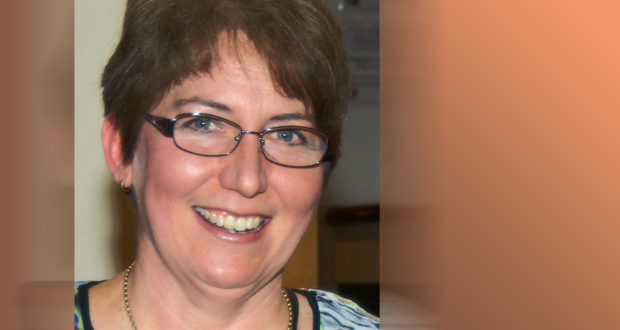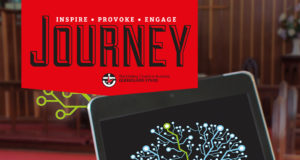There’s no denying that patriarchal bias has existed in Christianity throughout the ages but as feminist theory gathered pace in the 20th century so did feminist theology. Rev Dr Anita Monro explores the movement and how it links to the Basis of Union.
Feminist theology is now well over 50-years-old. What has it contributed to the Christian faith?
Feminist theology was part of the late 20th century shift to critical analysis of traditions once taken for granted.
It asks questions about power relationships and the way in which those dynamics inform Christian faith and practice. It highlights forgotten texts and traditions that offer other ways of thinking, doing and being. It emphasises central elements of the faith that support an inclusive understanding of human community, God’s creation and the very nature of God.
Much of what feminist theology has contributed is now taken for granted—at least in a Uniting Church context. We expect that women and men will be full participants in all aspects of the church’s life. We expect that we can ask the hard questions about the difficult texts that don’t seem to make a lot of sense to us in our modern era, like the stories of Hagar, Tamar and the woman accused of adultery before Jesus.
We understand that Mary and Martha and other women were key disciples in the original Jesus movement. We are even less shocked by imagery of the Holy Spirit that picks up the Hebrew origins of the word as feminine.
Feminist theology is still asking difficult questions. It, along with other critical scholarly traditions, reminds us that we always need to be thinking about how we understand and practise our faith in the world.
One of the big ongoing questions for the Christian faith is, “How does God through Jesus save us?”
Christian people agree that God through Jesus liberates us from sin and oppression; but we have never agreed on how that happens. That is, we have never agreed on an “atonement theory”.
Feminist theology challenges us to look beyond some of the more popular atonement theories that rely on ideas about Jesus needing to be punished for our sake and asks us to focus on God’s solidarity with us in the very humanness of Jesus. Such approaches are utterly steeped in the Christian affirmation that Jesus is fully human and fully divine.
There still isn’t a single solution to the problem. But on this issue, as with so many others, feminist theology reminds us that we are always called to “confess the Lord in fresh words and deeds” (Basis of Union Paragraph 11).
Rev Dr Anita Monro
Rev Dr Anita Monro is a minister of the Word who celebrates the 29th anniversary of her ordination this year. She is currently principal of Grace College, a women’s residential college at the University of Queensland.
 JourneyOnline
JourneyOnline







